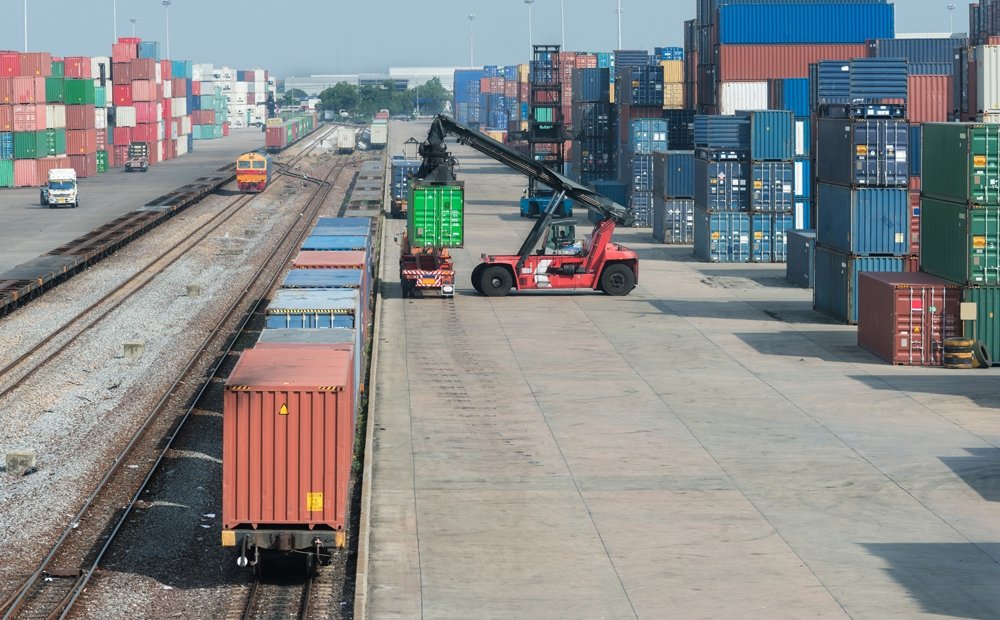U.S. Trade Policy in Northeast Asia

Economic openness and globalization are seen to hurt U.S. jobs and industrial competitiveness, according to the ideas supporting the White House’s “America First” policy. The Trump administration views trade surpluses as evidence of winning in the global economy and deficits as proof of losing out. As such, the goal for bilateral trade deals should be to reduce the U.S. trade deficit with key trading partners, most notably in Northeast Asia. As a result, Washington has been turning towards economic protectionism, most notably its decision to withdraw from the Trans-Pacific Partnership last year. Instead, the focus has been on pursuing bilateral trading arrangements, but the price of that policy stance has been to sow doubts about the credibility of U.S. leadership in the Asia-Pacific. The panel aims to examine the consequences of U.S. bilateral trade policy towards Northeast Asia. The panel will also explore how the three Asian countries view the current administration’s trade policy and their respective approach to move forward in trade negotiations with the United States.
This event is hosted jointly with USJI.
Speakers

Operating Advisor, USJI; Professor, Doshisha University
Hosted By

Indo-Pacific Program
The Indo-Pacific Program promotes policy debate and intellectual discussions on US interests in the Asia-Pacific as well as political, economic, security, and social issues relating to the world’s most populous and economically dynamic region. Read more
